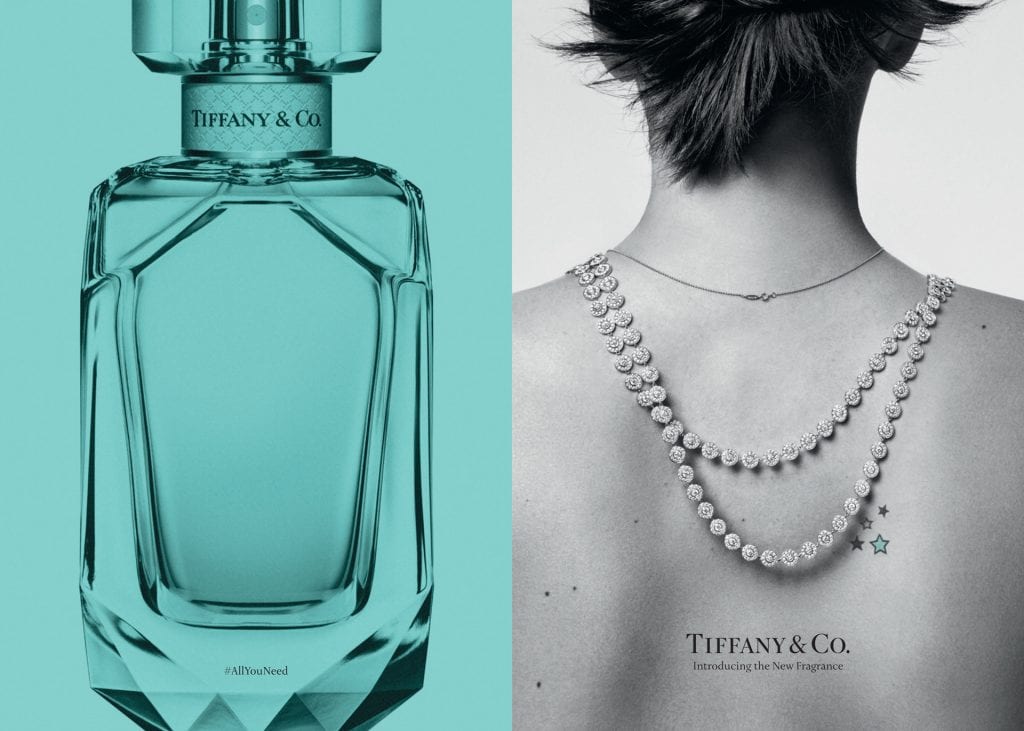What was slated to be the largest deal to date for LVMH Moët Hennessy Louis Vuitton is a no-go. The Paris-based luxury goods conglomerate revealed on Wednesday that it is backing out of the $16.2 billion deal it reached in November 2019 to acquire Tiffany & Co. The Bernard Arnault-run group said in a statement that it will not be able to complete the acquisition of Tiffany “as it stands” on the basis that the American jewelry company has requested that the closing date be pushed back to December 31, over a month beyond the formal closing deadline of November 24, which is set out in the parties’ merger agreement.
At the same time, the Wall Street Journal reports that LVMH has pointed to a letter from the French minister of foreign affairs, which similarly directed the French luxury goods titan “to delay the acquisition to after January 6, 2021 because of the threat of trade tariffs from the U.S.,” with foreign minister Jean-Yves Le Drian telling LVMH’s Aranult, “I am sure that you will understand the need to take part in our country’s efforts to defend its national interests.”
Hardly a clean break, Tiffany & Co. announced on Wednesday that it has filed a lawsuit in the Court of Chancery of the State of Delaware in connection with which it is seeking a court order requiring LVMH to “abide by its contractual obligation under the merger agreement to complete the transaction on the agreed terms.” Tiffany asserts in the newly-filed suit that it is “clear that LVMH is in breach of its obligations relating to obtaining antitrust clearance” from various regulatory bodies, and the New York-based jewelry stalwart asserts that it “refutes” LVMH’s “suggestions that it can avoid completing the acquisition by claiming Tiffany has undergone a material adverse affect or breached its obligations under the merger agreement, or that the transaction is in some way inconsistent with its patriotic duties as a French corporation.”
Under the terms of the merger agreement, “LVMH assumed all antitrust-clearance risk and all financial risk related to adverse industry trends or economic conditions. In addition, LVMH is required to do everything necessary to secure all required regulatory clearances as promptly as practicable,” which Tiffany claims that LVMH did not do.
To be exact, Tiffany argues that as of August 24, 2020, the date that the two had slated for finalizing the deal – and which they agreed would provide for “more than sufficient time to obtain all the required regulatory clearances, because the transaction does not pose any substantive antitrust concerns,” per Tiffany, LVMH had not even filed for antitrust approval in three of the required jurisdictions,” allegedly in an attempt to prolong the deal’s closing for its own gain. “Because all other conditions to closing were met on that date,” Tiffany says that it elected to extend the closing date to November 24, 2020 in line with a provision in the parties’ deal with gives both of the respective entities the option to unilaterally extend the closing date to November 24 “if antitrust clearances are the only remaining condition to closing at August 24, 2020.”
Now, with the new closing date less than three months away, Tiffany asserts that “LVMH still has not filed formal requests for antitrust approval in the European Union or Taiwan,” and that they still have not gotten the green light from the relevant bodies in Japan and Mexico (despite LVMH filing applications in those two countries),” which is “all due to LVMH’s concerted efforts to delay or avoid receipt of regulatory approvals in those jurisdictions in breach of the merger agreement.”
Beyond the regulatory approval issues, Tiffany further claims LVMH is further running afoul of their merger agreement by pulling out of the deal due to the letter it received from the Ministre de l’Europe et des Affaires Etrangéres, which states that “the American government has decided to implement an additional customs duty on the import of certain French goods, in particular goods in the luxury sector” and that LVMH “should defer the closing of the pending Tiffany transaction until January 6, 2021” in order to support the French Foreign Affairs Minister’s stated intent to “take measures in order to dissuade the American authorities from putting these tariff sanctions into effect.”
Tiffany states that “despite having no contractual basis to do so, LVMH has advised Tiffany that it intends to honor this request from the French government to refuse to close the transaction until January 6, 2021, while also informing Tiffany that LVMH will not extend the outside date under the Merger Agreement beyond November 24, 2020, effectively stating that LVMH no longer intends to complete the transaction.”
And still yet, the jewelry company asserts that LVMH has claimed there has been an event that triggers the material adverse effect clause in the parties’ merger agreement, as well as a breach of the agreement by Tiffany, which LVMH suggested could give it the option to seek to terminate the merger agreement, but failed to specify what those events were. (A material adverse effect clause in the mergers and acquisitions context permits a buyer to terminate a proposed transaction or agreement if, as a result of an event or series of events, there has occurred a significant or material deterioration in the financial health of the target or in the stability of the target’s business between the signing of the agreement and the closing).
In connection with the recently-initiated suit, Tiffany wants the court to hold LVMH to the deal, and in fact, is seeking to expedite the proceedings in order to obtain a ruling prior to November 24, 2020.
Speaking out on Wednesday, Tiffany & Co. chairman Roger Farah characterized LVMH’s actions as examples of the luxury goods conglomerate “seeking to use any available means in an attempt to avoid closing the transaction on the agreed terms,” presumably to get a better deal in light of the onset of the COVID-19 pandemic. However, he asserts, “The simple facts are that there is no basis under French law for the Foreign Affairs Minister to order a company to breach a valid and binding agreement, and LVMH’s unilateral discussions with the French government without notifying or consulting with Tiffany and its counsel were a further breach of LVMH’s obligations under the merger agreement.”
Farah further asserts that the Tiffany board is “not aware of any other French company receiving such a request [from the French government],” making it “all the more clear that LVMH has unclean hands.”
The breakdown of the deal comes months after LVMH made headlines for reportedly “exploring ways to reopen negotiations” and to “identify ways to pressure Tiffany to lower the agreed price of $135 per share in cash,” per Reuters. Citing sources familiar with the matter, Reuters also revealed in June that LVMH chairman and chief executive Bernard Arnault was “considering whether he can argue that the New York-based company is in breach of its obligations under the merger agreement” in order to nab itself a better price in light of Tiffany’s falling share price. (At the time, Tiffany shares were down to $114.24, a 15 percent discount to the $135 per share price of the LVMH deal).
Since then, LVMH has denied such reports, with LVMH chief financial officer Jean-Jacques Guiony saying in late July, “Tiffany’s [financial] results are clearly affected by the crisis. That said, we have signed a contract and we will respect it.” He has changed his tune, however, stating on a call with reporters on Wednesday, “The deal cannot happen. We are prohibited from closing the deal.”
In a note on Wednesday, Bernstein’s Luca Solca says that LVMH and Tiffany “may find a new agreement next year once the international trade dispute is solved (and the U.S. presidential elections are decided),” one to the tune of the “the original $120 per share price,” but cautions that the parties’ respective “egos are likely to be bruised at that point,” thereby, potentially blocking a future deal. He states that other suitors for Tiffany & Co., such as Kering and Richemont may emerge. Although, he notes that “it is unclear if and at what level these companies could be interested.”
*The case is Tiffany & Co. v. LVMH Moët Hennessy-Louis Vuitton SE; Breakfast Holdings Acquisition Corp.; and Breakfast Acquisition Corp., 2020-0768 (Del. Ch.).











